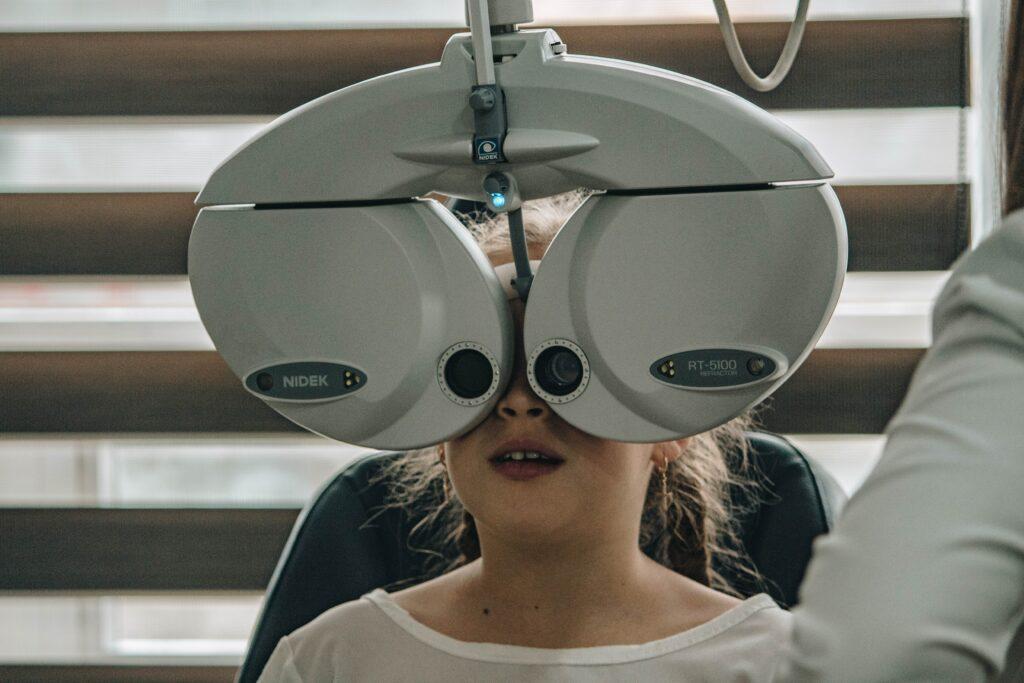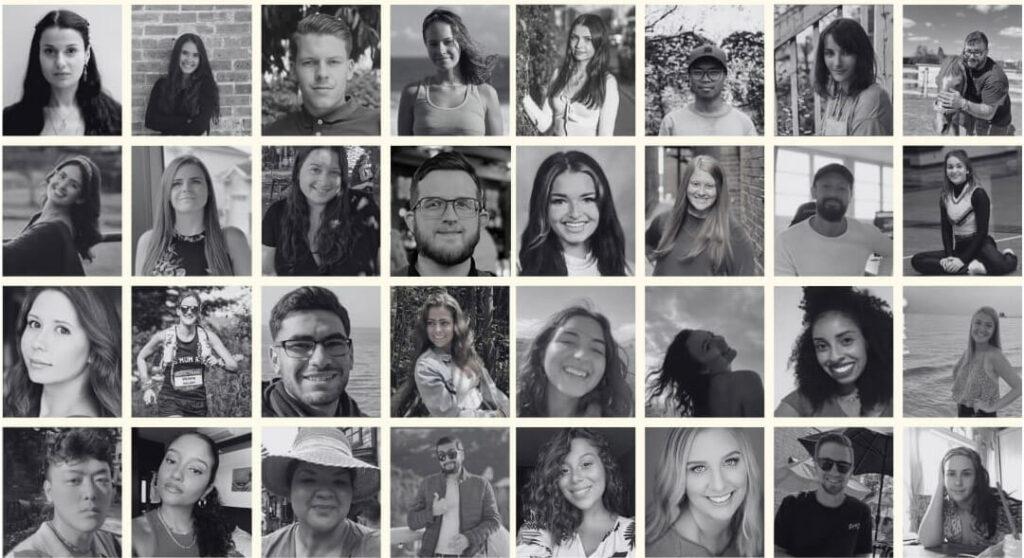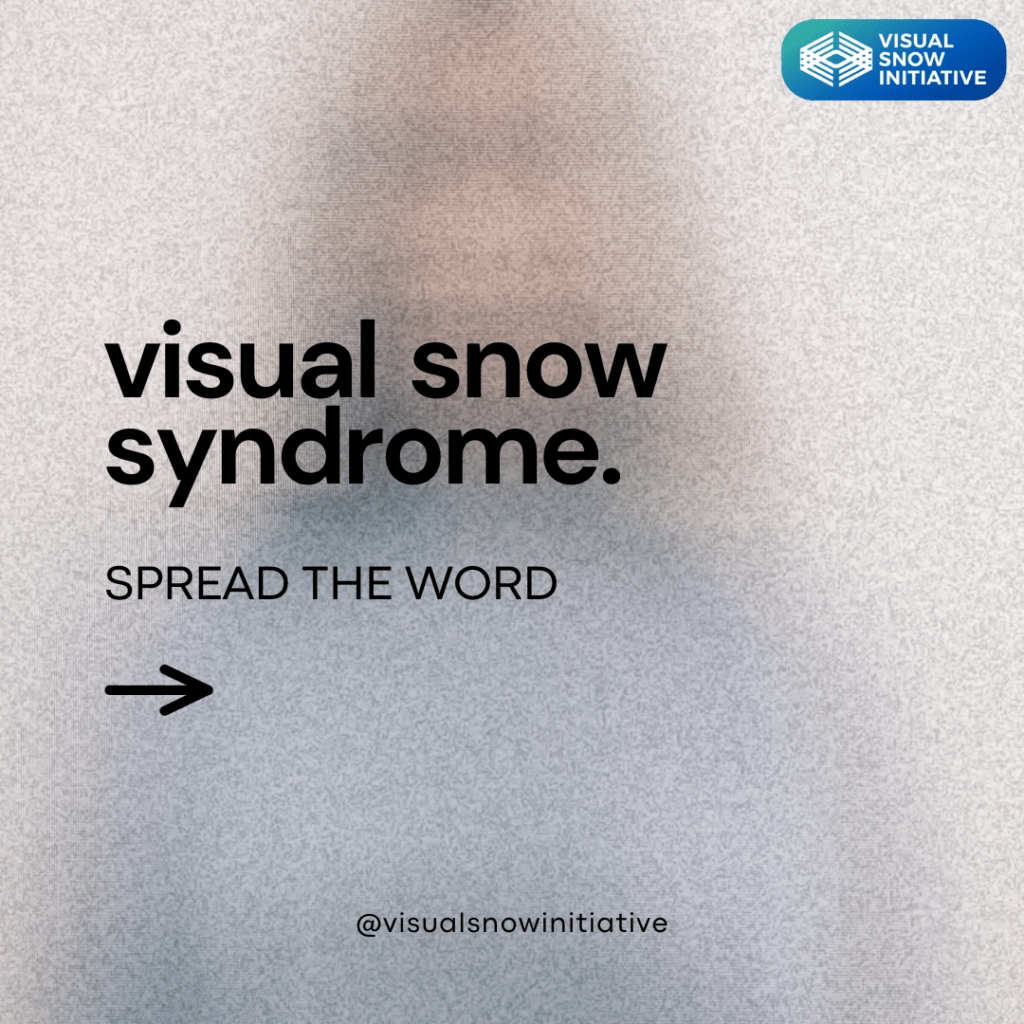Speak to a healthcare professional who is knowledgeable about VSS, so that they can answer your questions and guide you through potential treatment options.
Note: Prior to scheduling an in-person appointment, it is advisable to contact the medical professional’s office to inquire about their remote or phone consultation services and whether they address the specific visual or non-visual VSS symptoms you are experiencing. It is important to confirm that the physician sees patients with VSS and understands the condition. By reaching out prior to scheduling an in-person visit, you can obtain further information and determine if they are the right fit for you.
During your appointment, it is important to share your medical history, symptoms, concerns, and any impact VSS is having on your daily life.
Neuro-ophthalmologists and neurologists are best equipped to address VSS, including some ophthalmologists, optometrists, neuro-optometrists, and vision therapists who are trained in the management/treatment of VSS symptoms.
Based on the patient’s specific symptoms and medical history, managing VSS may require a multidisciplinary approach. Depending on which (visual and non-visual) symptoms they experience, doctors with expertise in the brain and/or eyes who treat associated symptoms may work independently or together. They can develop a safe and comprehensive plan that best addresses their patient’s needs, taking into account both the neurological and ocular aspects of VSS.
The types of physicians involved in VSS include:
- Neuro-ophthalmologist: Doctor with expertise in both neurology and ophthalmology, addressing visual issues linked to the nervous system
- Neurologist: Doctor specializing in the diagnosis and treatment of brain, spinal cord, and nervous system disorders
- Ophthalmologist: Doctor specializing in eye care, diagnosing and treating various eye conditions, and performing surgeries
- Neuro-optometrist: Vision care professional trained in neurology and optometry, focusing on vision problems related to neurological conditions
- Optometrist: Vision care professional specializing in vision exams, corrective lenses, and managing common eye conditions
If you suspect you may have VSS, you can refer your doctor to our Diagnostic Criteria.
If you are having difficulty finding a medical professional who understands or specializes in VSS, VSI has a Directory of Physicians & Specialists from around the world with knowledge of VSS that can help with diagnosis and treatment options. Our directory includes various specialists to assist you in finding a local expert that aligns with your location, preferences, medical history, symptoms, and any treatment options you are considering.






